Rain, Rain, Go Away: How Heavy Summer Storms Impact Your Septic System
Don't Let Summer Storms Swamp Your Septic System!
Summer in Vermont brings beautiful sunshine, but also, often, powerful thunderstorms. While a good downpour can be refreshing, it can spell trouble for your home's septic system. Unlike municipal sewer lines, septic systems rely on the surrounding soil to absorb and filter wastewater. When that soil becomes oversaturated, things can get messy – fast.
So, how exactly do those heavy summer storms impact your hidden wastewater workhorse, and what can you do about it?
The Mechanics of a Monsoon Malfunction
Your septic system is essentially a two-part process: wastewater flows into a tank where solids settle, and then the liquid effluent flows out into a drainfield (also known as a leach field). The drainfield is a network of pipes and gravel beds buried in the soil, designed to slowly release and filter the effluent before it re-enters the groundwater.
Here's where the rain comes in:
- Saturated Soil: When torrential rain soaks the ground, the soil in your drainfield becomes completely saturated. Think of a sponge that's already full – it can't absorb any more liquid. This means the effluent from your septic tank has nowhere to go.
- High Groundwater Levels: In some areas, heavy rains can cause the natural groundwater table to rise significantly. If this groundwater rises above the level of your drainfield, it essentially "floods" the absorption area, preventing your septic system from draining properly.
- Overwhelm and Backup: With no place to drain, the effluent backs up into your septic tank. Once the tank is full to capacity, the wastewater has nowhere else to go but back up the pipes, eventually manifesting as slow drains, gurgling toilets, or, in worst-case scenarios, sewage backing up into your home.
Signs Your Septic System is Struggling After a Storm
It's crucial to be vigilant during and after heavy rainfall. Watch out for these tell-tale signs that your septic system might be overwhelmed:
- Slow Drains or Gurgling Toilets: This is often the first indicator. If your sinks, tubs, or toilets are draining sluggishly, it's a sign of a backup.
- Unpleasant Odors: Foul, sewage-like smells inside your home or emanating from your yard (especially near the drainfield) are a strong warning sign.
- Soggy Ground or Standing Water: Puddles or unusually lush, greener grass over your drainfield area, even when the rest of the yard is dry, indicate that effluent is surfacing.
- Sewage Backups: The most alarming sign is sewage backing up into your sinks, bathtubs, showers, or toilets. If this happens, avoid using water as much as possible.
How Homeowners Can Prepare and Prevent
Don't wait for a disaster to strike! A little proactive planning can save you a lot of headache (and money) when summer storms roll in:
- Schedule Regular Pumping: This is arguably the most important step. A properly pumped tank has more empty space, providing a crucial buffer during periods of heavy rain. Aim to have your tank pumped regularly based on your household size and usage.
- Conserve Water During Storms: If heavy rain is forecast or occurring, minimize your water usage. Delay laundry cycles, take shorter showers, and be mindful of flushing. Every gallon you save reduces the load on your system.
- Divert Surface Water: Ensure your gutters, downspouts, and landscape grading direct rainwater away from your septic system and drainfield. You don't want excess rainwater adding to the saturation of your drainfield.
- Know Your System's Location: Have a map of your septic tank and drainfield. Avoid planting trees or shrubs with aggressive root systems near the drainfield, as roots can cause damage.
- Avoid Compacting the Drainfield: Never drive or park vehicles, or place heavy structures, over your drainfield, especially when the ground is saturated. Compaction can damage the pipes and soil, hindering absorption.
- Consider a Professional Inspection: A pre-summer inspection can identify potential issues before they become critical, giving you peace of mind.
Summer is for enjoying the outdoors, not battling septic system backups! By understanding how storms impact your system and taking proactive steps, you can help ensure your home's wastewater management stays on solid ground; no matter how much it rains.
If you notice any warning signs or need to schedule routine maintenance, don't hesitate to give Taplin Septic a call! We're here 24 hours/7days a week to help keep your system flowing freely!

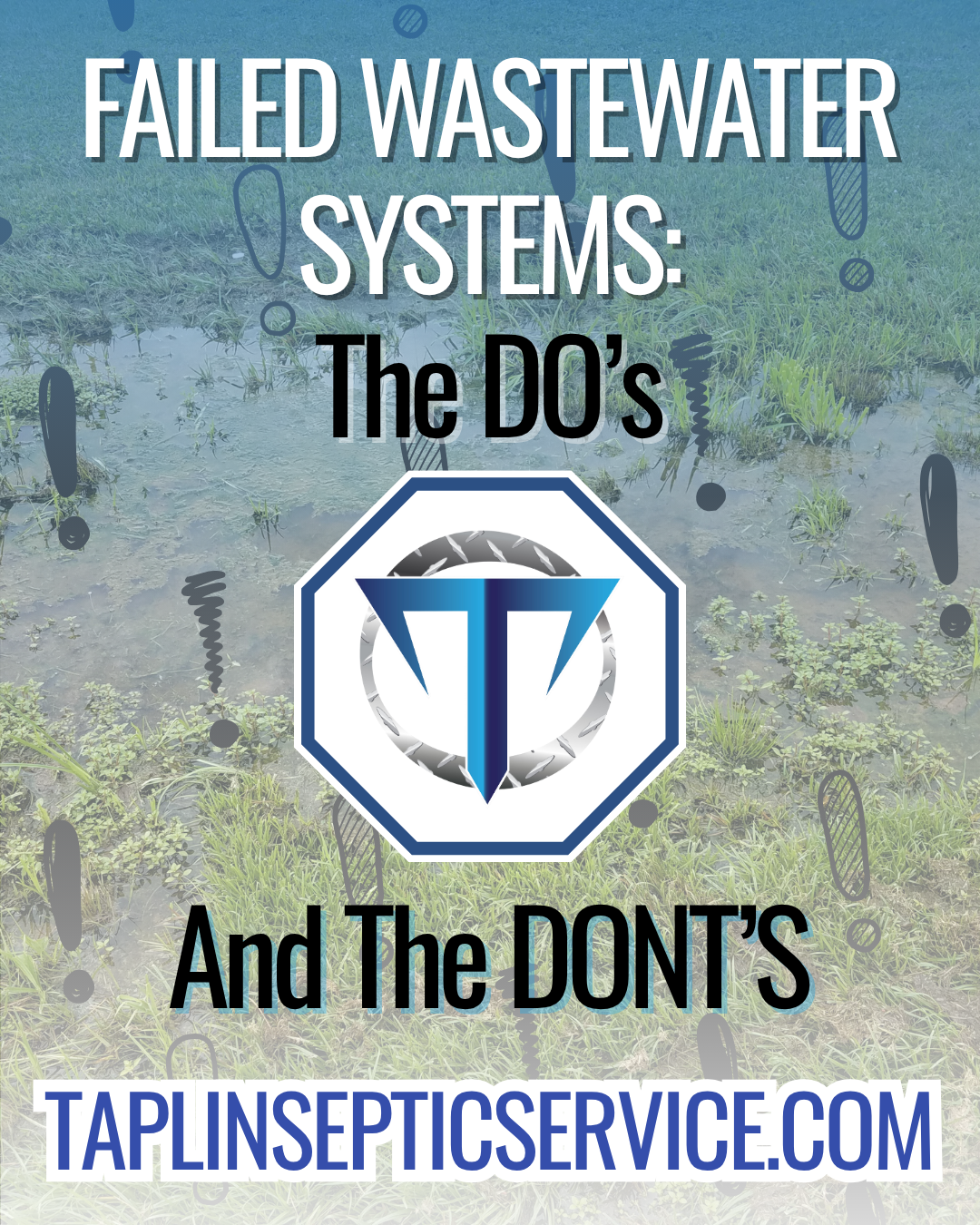


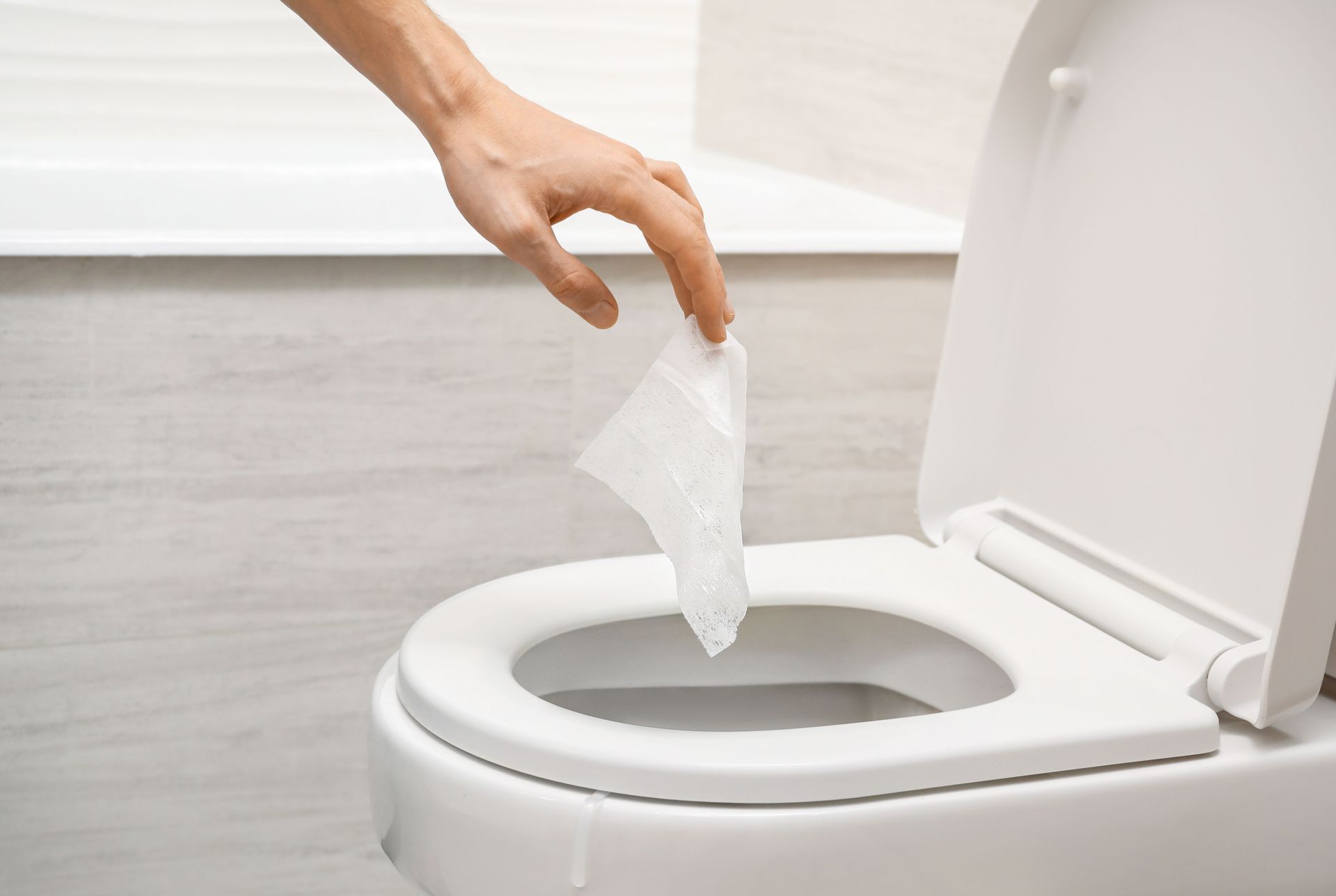
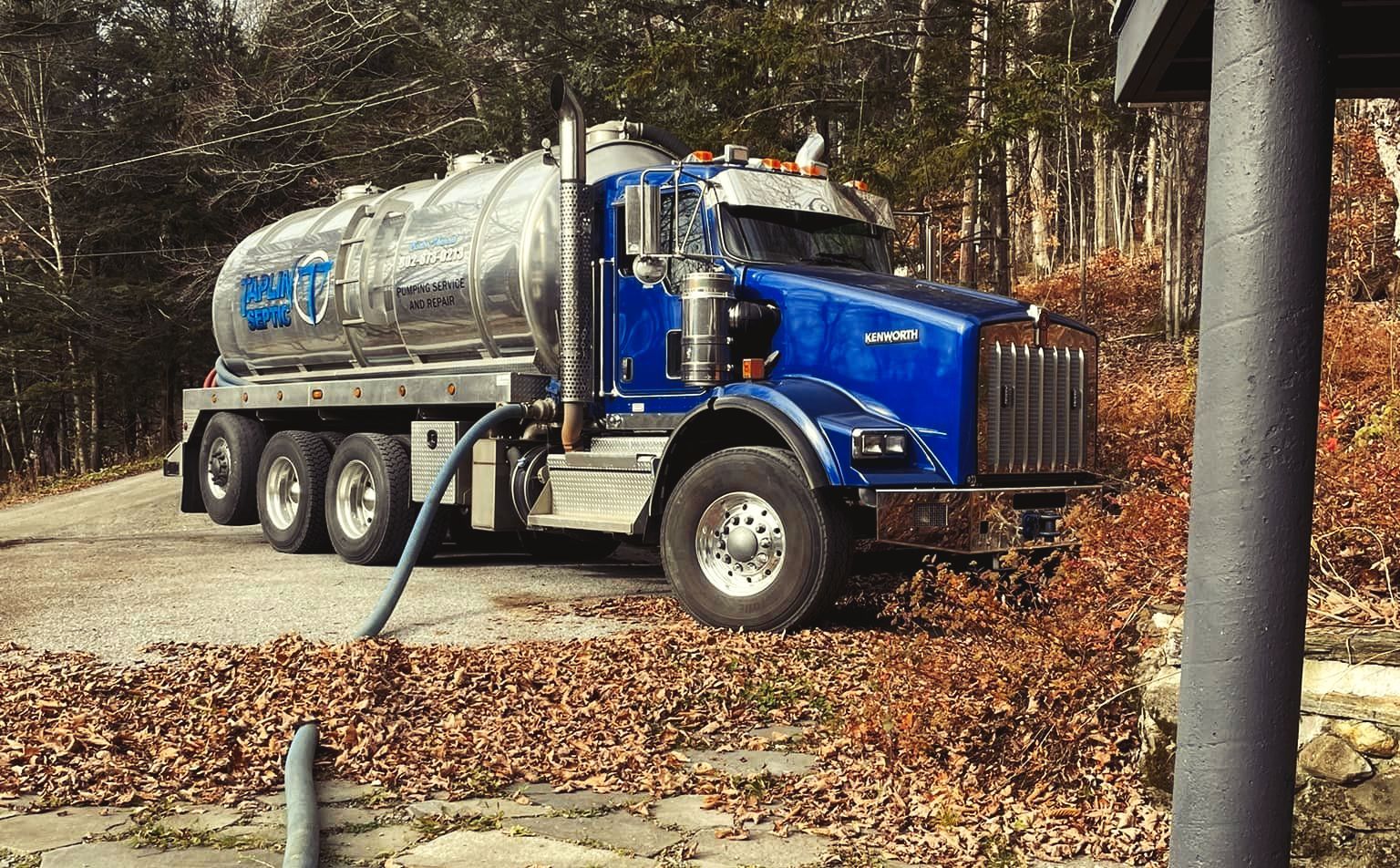

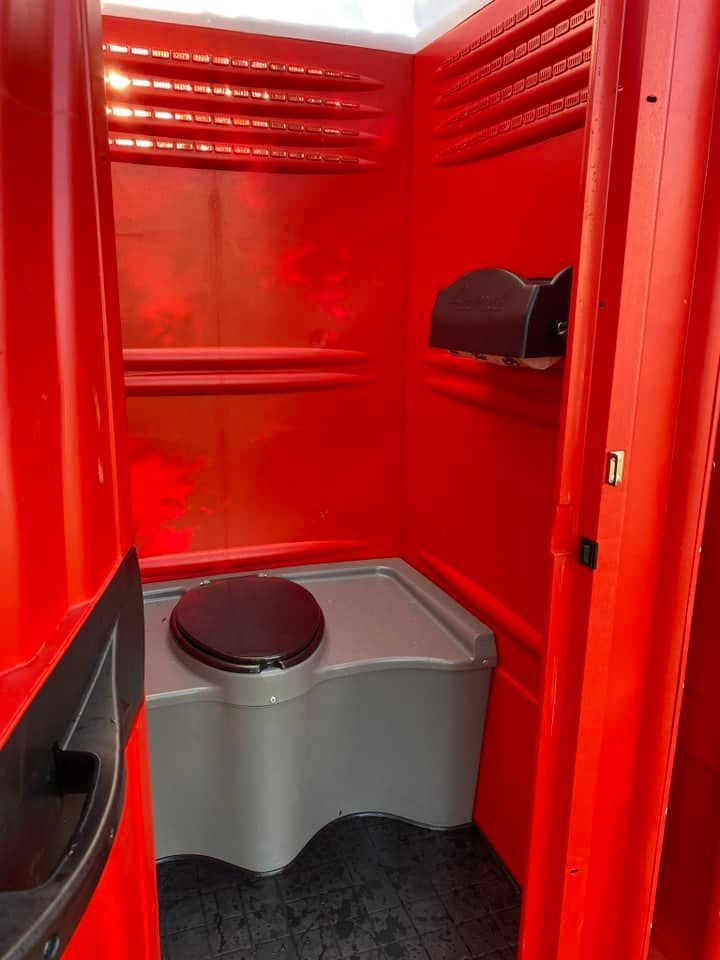
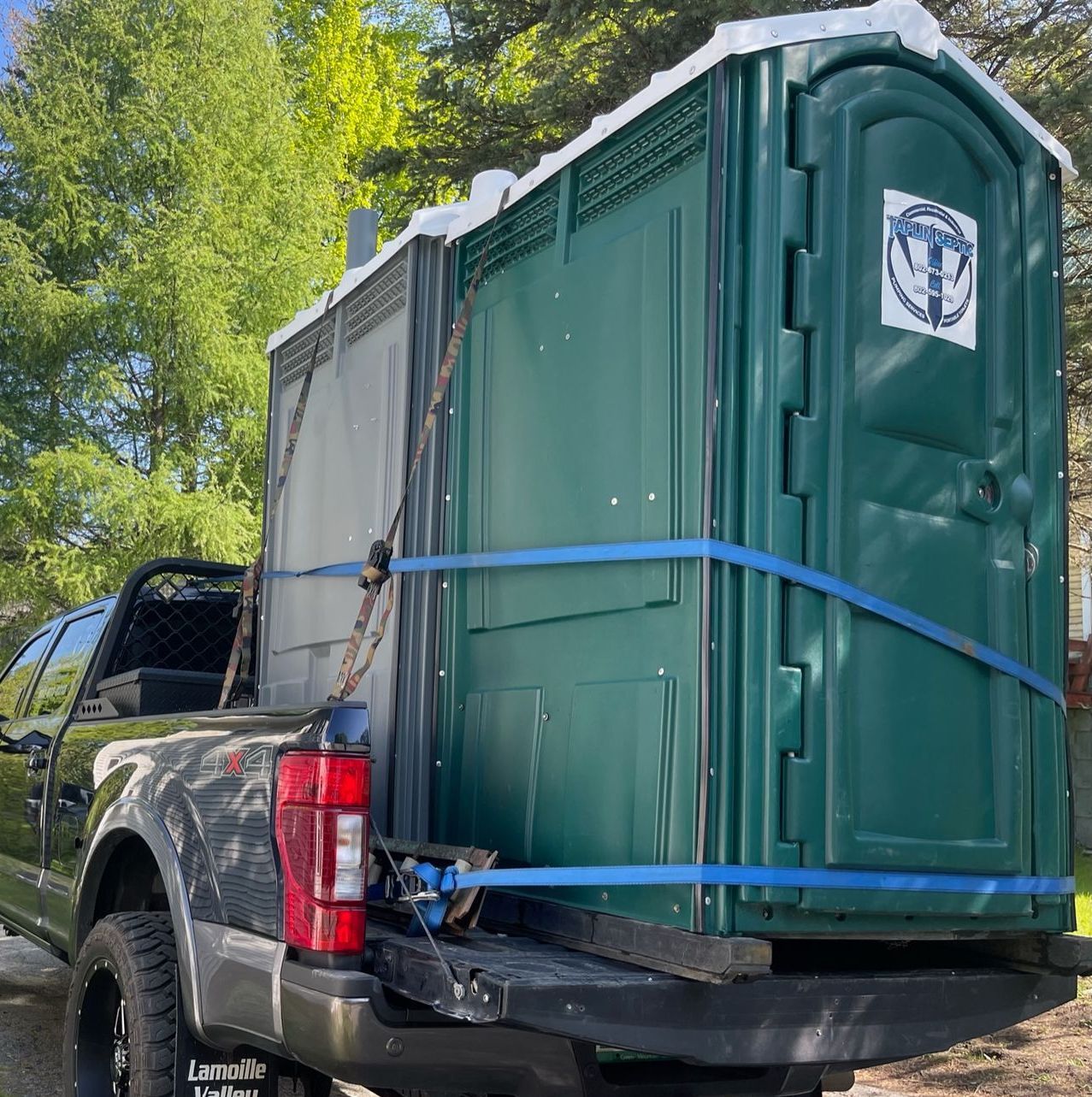
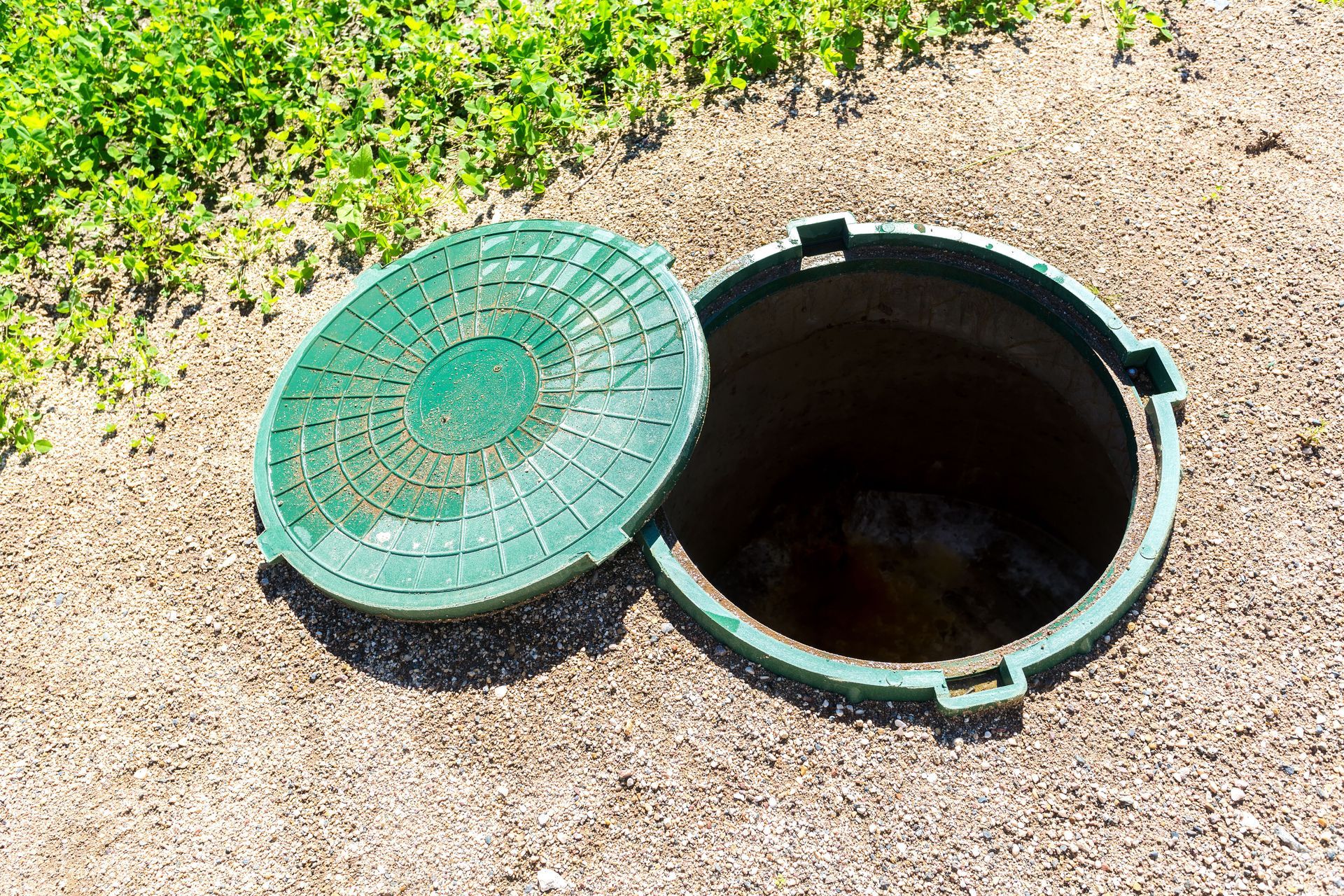
Share On: